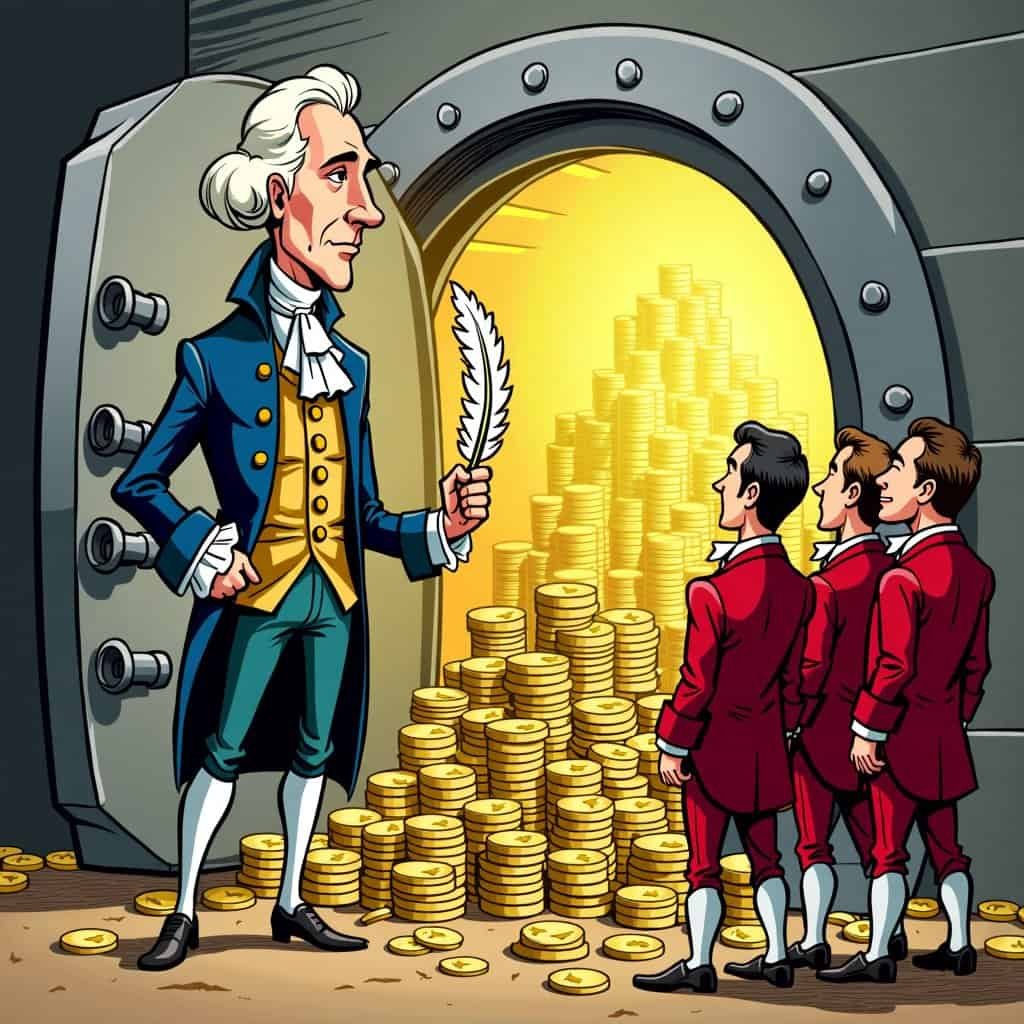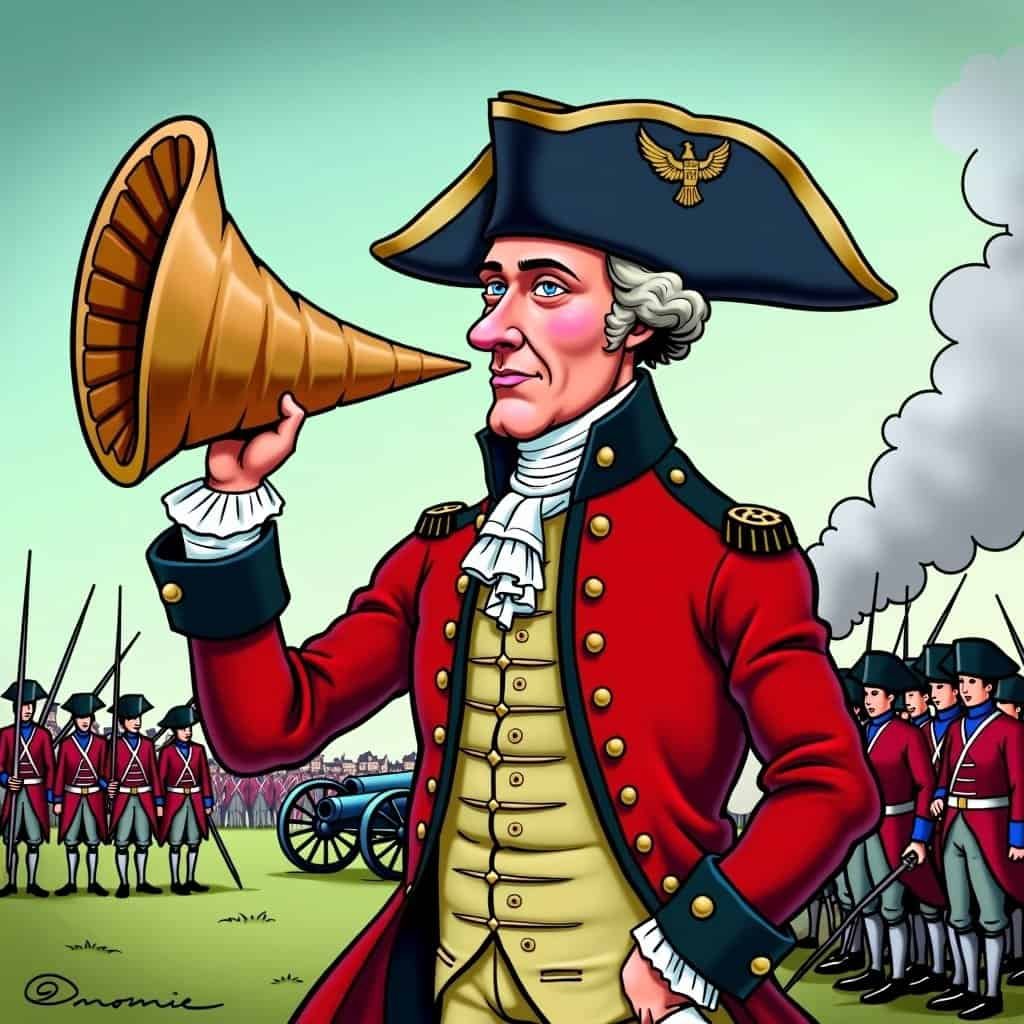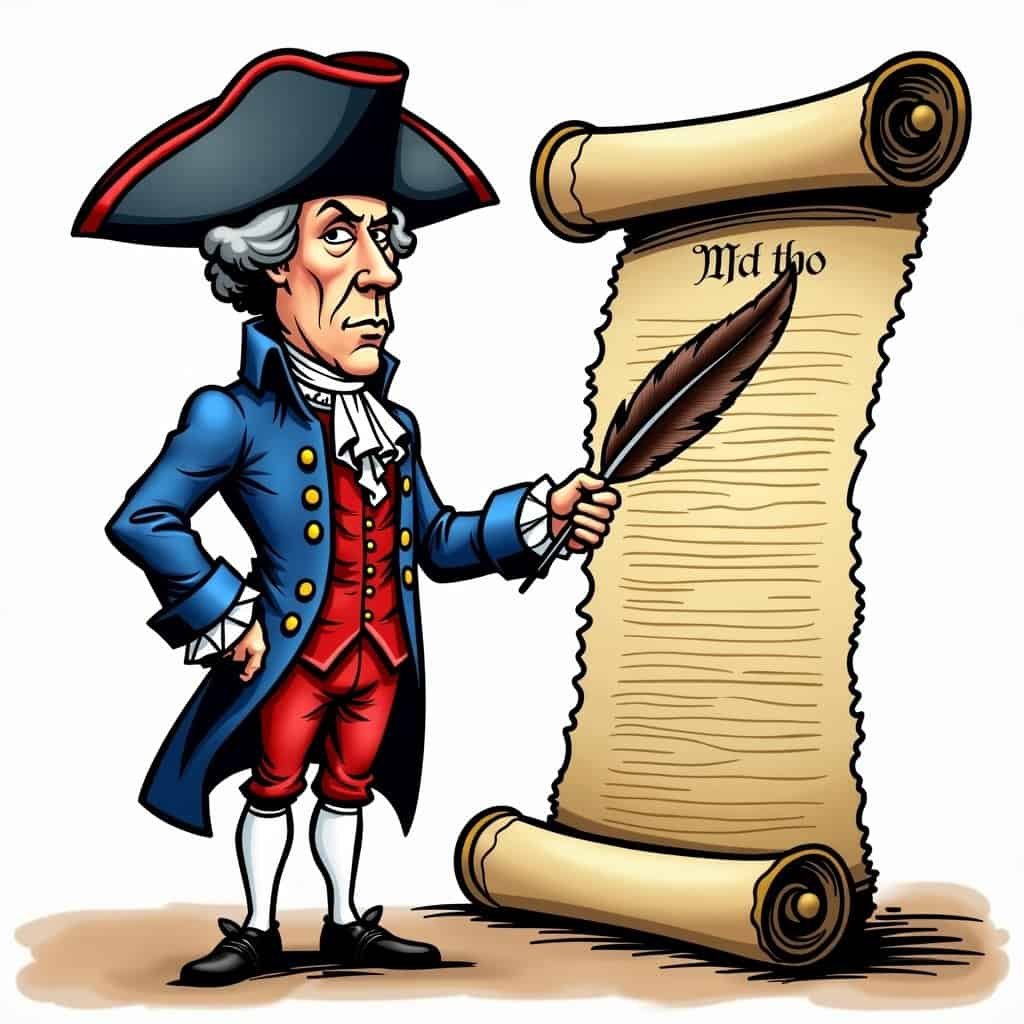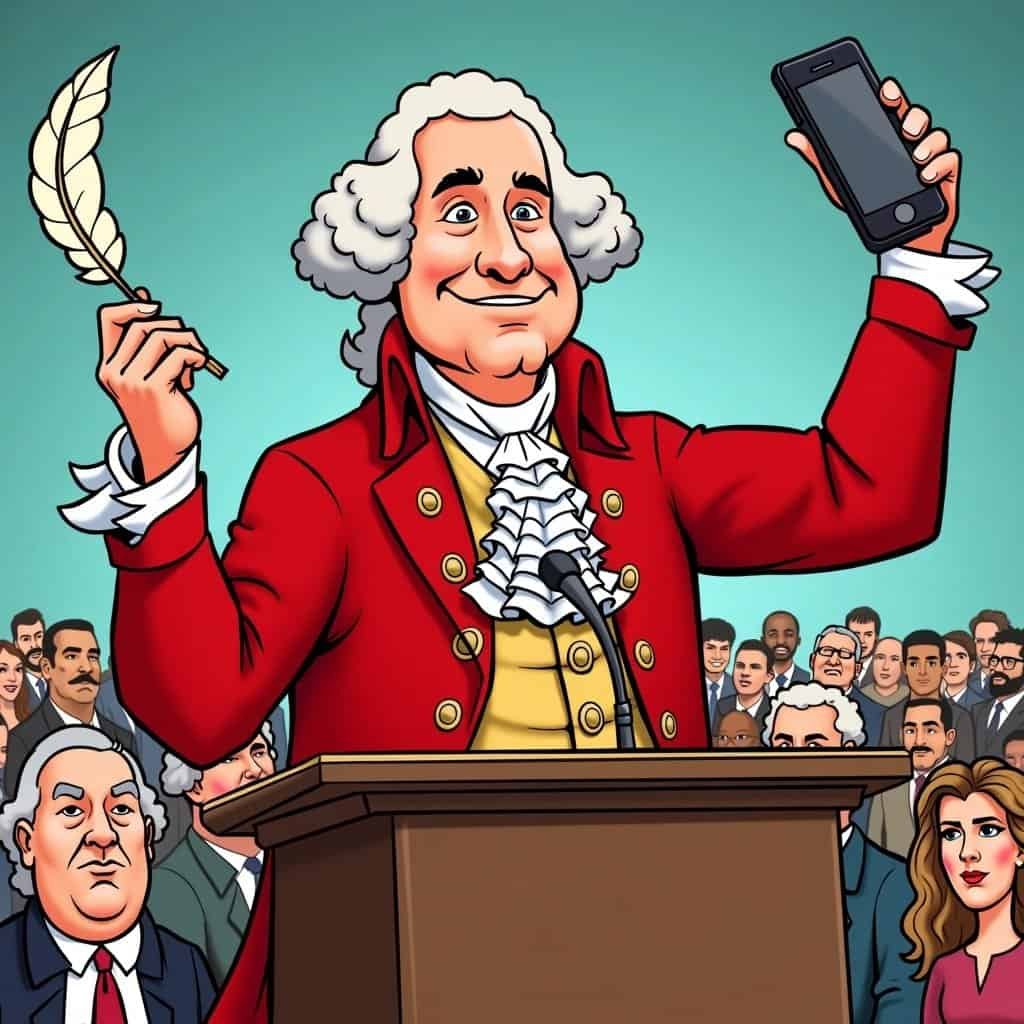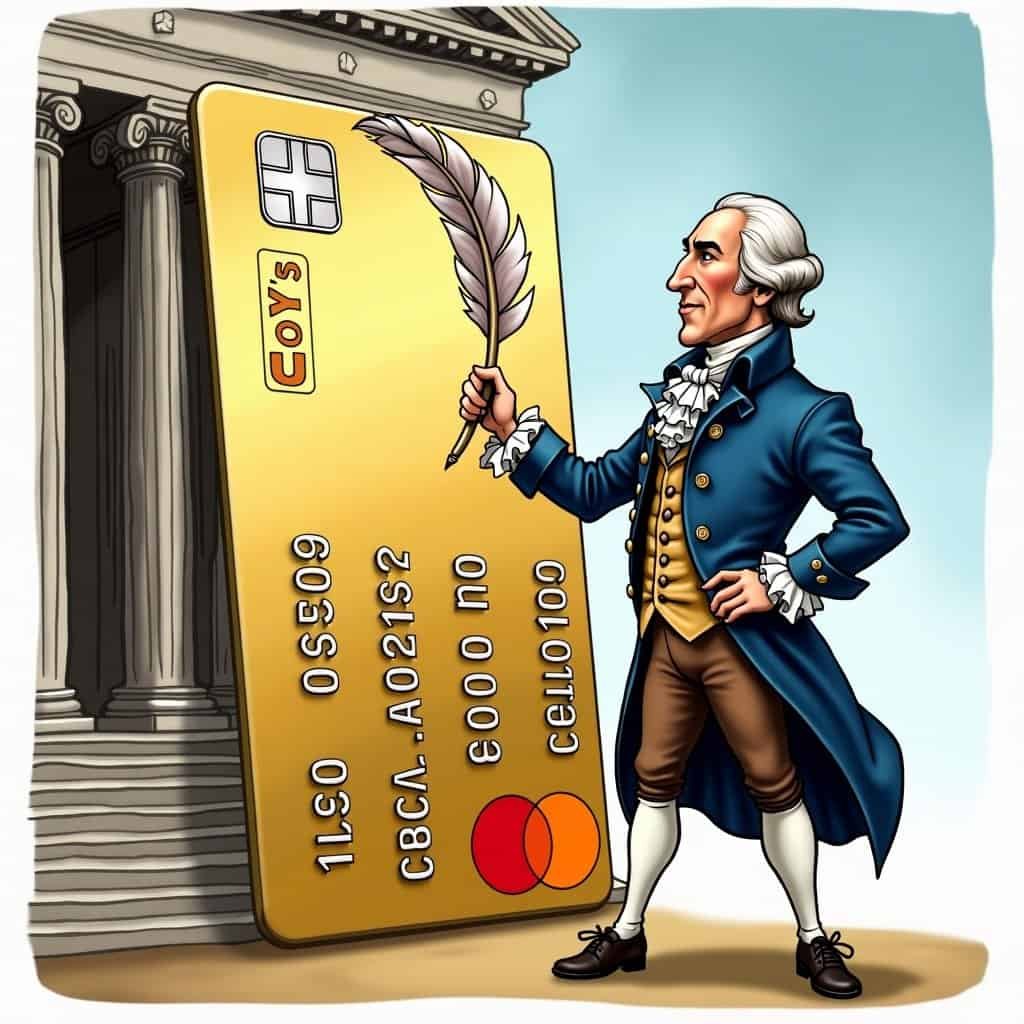Alexander Hamilton’s ideas on public funding and government finance were anything but boring. Picture this: a young, ambitious immigrant stepping off a boat in New York, armed with nothing but his wit, charm, and an uncanny knack for numbers. Fast forward a few years, and he’s running the country’s finances like a boss.
Hamilton wasn’t just balancing checkbooks and counting coins. Oh no, he was cooking up a financial system that would make even the most seasoned Wall Street traders scratch their heads in admiration. His grand plan? To take on state debts, establish a national bank, and create a monetary system that would make the newly-formed United States a force to be reckoned with.
Hamilton’s Financial Wizardry
Now, you might be thinking, “Public funding? Yawn.” But hold onto your powdered wigs, folks, because Hamilton’s approach was anything but dull. He turned financial policy into a thrilling game of chess, outmaneuvering his opponents with the grace of a seasoned ballet dancer and the cunning of a master strategist.
“A national debt, if it is not excessive, will be to us a national blessing.” – Alexander Hamilton
This quote wasn’t just Hamilton being cheeky. He genuinely believed that a well-managed national debt could unite the country and strengthen its economy. Talk about turning lemons into lemonade!
The Great Compromise
Hamilton’s master stroke came in the form of a compromise that would make modern politicians green with envy. He proposed that the federal government should assume state debts in exchange for moving the nation’s capital to the banks of the Potomac. It was a classic “you scratch my back, I’ll scratch yours” deal that would make even the savviest negotiators tip their hats.
| Hamilton’s Plan | The Outcome |
|---|---|
| Assume state debts | Unified national economy |
| Establish a national bank | Stable currency and credit system |
| Move the capital | Political compromise achieved |
The Legacy
Hamilton’s financial system wasn’t just a flash in the pan. It laid the groundwork for the robust American economy we know today. Who would’ve thought that a Caribbean immigrant with a penchant for hip-hop… er, I mean, a way with words, would end up shaping the financial future of an entire nation?
In the end, Hamilton’s approach to public funding within government was less about bean-counting and more about nation-building. He turned dry financial policy into a riveting saga of power, compromise, and visionary thinking. And let’s be honest, if he were around today, he’d probably have his own reality TV show: “Extreme Makeover: Treasury Edition.”
